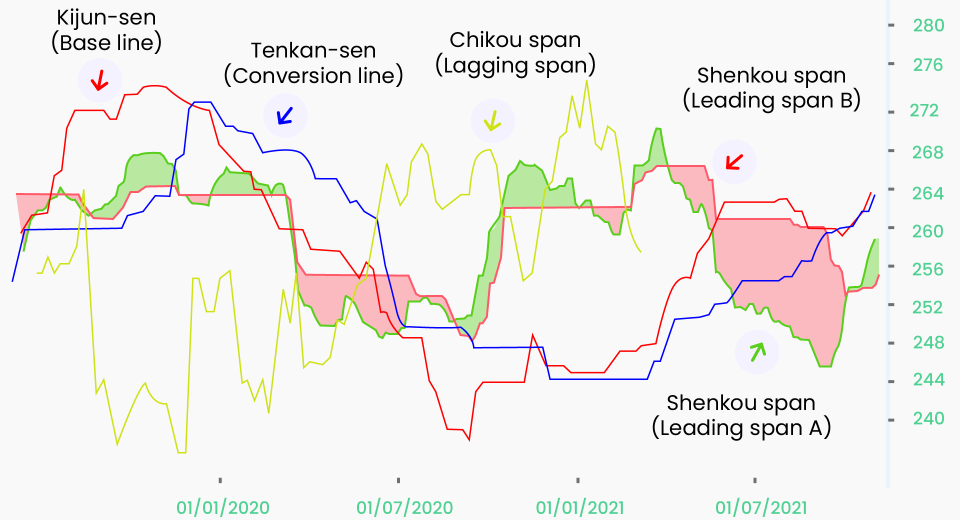Social media is fast emerging as the quickest source of information for any domain, including the financial markets. There was a time when traders used to read newspapers first thing in the morning to keep abreast of the latest happenings and market sentiment. But the internet and easy availability of online information and popularity of social media have changed the way market sentiment is being gauged by investors. Twitter has emerged as a popular source of information for forex trading.
The power of Twitter was highlighted on 12 July, 2013 when a Boeing Jet caught fire at Heathrow airport. Someone tweeted the happening and Boeing investors reacted immediately by withdrawing funds with the stock price falling almost 4.6%.
Twitter and Market Sentiment
One of the most important reasons for the increasing use of Twitter and other social media platforms to gather information is that they are free. Another reason is they are quick to report any major happening in the markets or economy. While popular financial newspapers and magazines, such as The New York Times and Financial Times, are highly effective sources of information, social media is faster and provides minute by minute information of the various happenings.
But who tweets all this information? It is the reporters of these very newspapers and magazines who tweet their opinions about various issues and hope to gain additional followers, a symbol of their popularity. And many a times, economists or forex experts too tweet their opinions about an economic issue.
As we all know, sentiments drive the direction of the market to a large extent and that is why participants seek to gauge the sentiment expressed in news reports, blogs or other social media. This is done by building automatic trading systems that analyse the information from these sources to extract the sentiment and then take long and short positions in the markets.
But is all the information available on Twitter reliable? The answer depends on the background of the person tweeting. So, it is always advisable to check the source and follow the tweets of only those people who have an established track record in forex trading or are in a position to make claims or state opinions.
Also, individual tweets may or may not affect the market direction, so it is better to follow a trend if many tweets indicate towards it. To avoid following uninformed traders, it is best to:
- Follow the tweets of only trusted sources or knowledgeable people with many followers.
- Search for new potential good sources by using hashtags. This will save time and help track the exact topic or information being searched.
- Don’t trust just one source but read/follow multiple people to get a rounded view.
A perfect example of people jumping to non-verified conclusions was the famous crash of the DOW Jones of 130 points on 23 April, 2010 thanks to Twitter. The AP’s twitter account was hacked and a hoax tweet was sent about President Obama being injured in false attacks on the White House. The S&P 500 also felt the fallout by losing $136 billion in just minutes.
Ways of Analysing Twitter Opinions
Growth in real time conversation on a daily basis on Twitter and other social media platforms has driven researchers to study and analyse whether it is meaningfully impacting markets and trading sentiment. While most of researchers concur that Twitter sentiment is correlated to asset price moves, they are still debating the predictive nature of tweets.
Many organizations are carrying out sentiment analysis by using natural language processing, artificial intelligence, text analysis and computational linguistics to identify the attitude of a writer with respect to a topic. Firms like Bloomberg, PsychSignal, iSentium and Social Market Analytics are active in this area and use varied methods to analyse market sentiment by using information from Twitter. Several hedge funds and other market participants are also actively leveraging Twitter information to analyse market sentiment and make trade decisions.
The usefulness of Twitter data has also been established by several research studies. According to a paper published by the National Bureau of Economic Research, a study of all tweets between October 9, 2013 and March 11, 2016 related to the EUR/USD pair revealed that traders who would have solely relied on Twitter sentiment would be almost four times more profitable than those using a standard carry trade strategy.
So, Twitter is fast emerging as an important source of information for gauging market sentiment and various market participants are using a variety of techniques to do so. But one thing to remember is to follow only trusted sources or only tweets by people who have the knowledge and authority to make opinion statements.
Disclaimer
If you liked this educational article please consult our Risk Disclosure Notice before starting to trade. Trading leveraged products involves a high level of risk. You may lose more than your invested capital.





